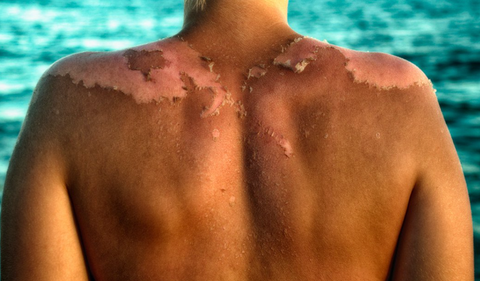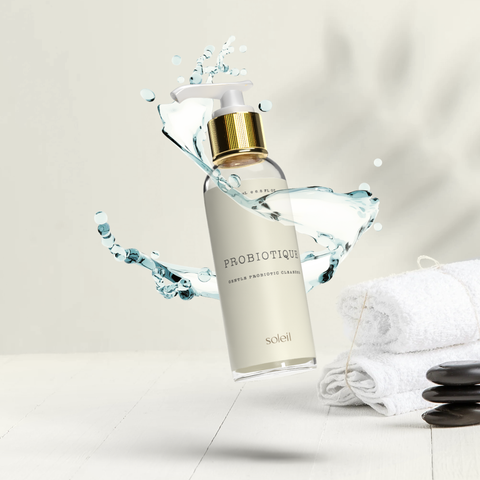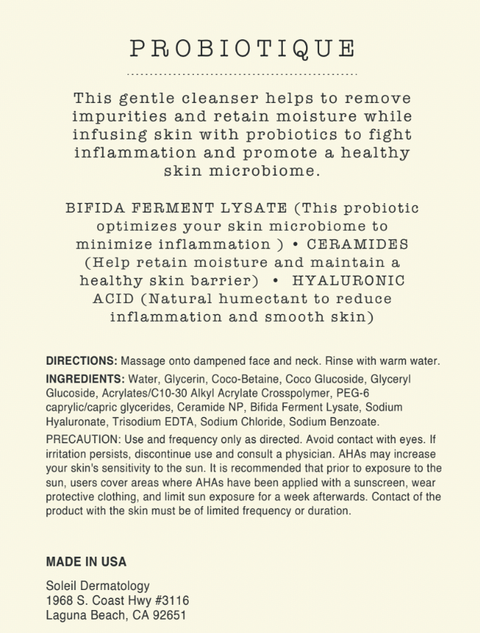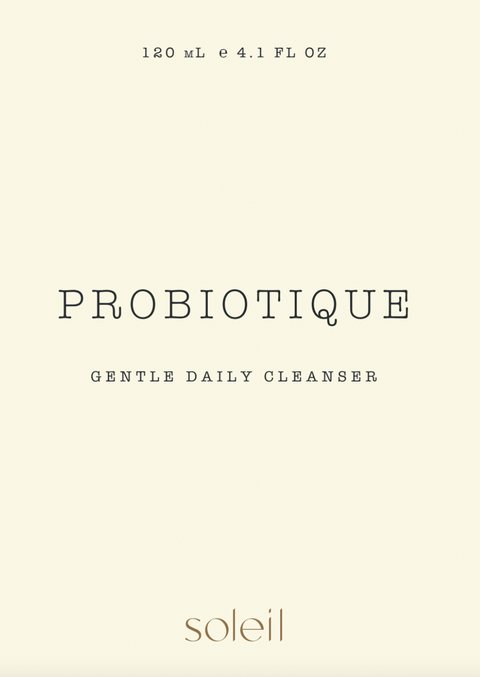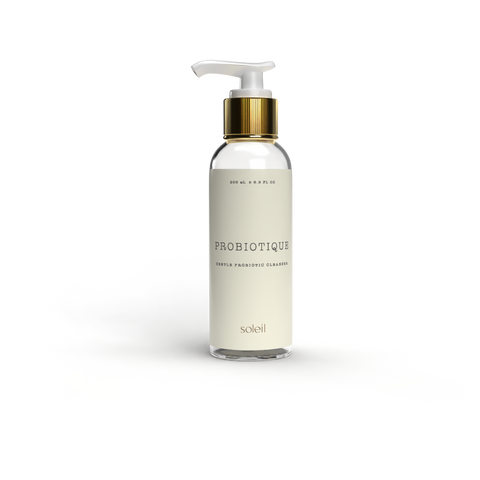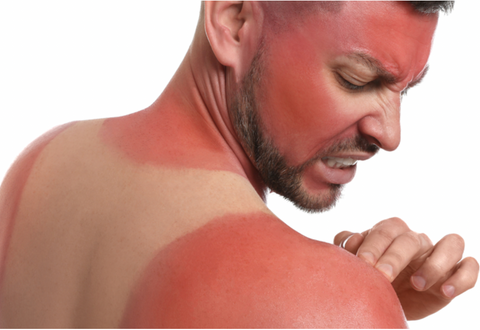Title: The Role of Nicotinamide and Sun Supplements in Skin Cancer Prevention
Abstract
Skin cancer remains a significant global health challenge, particularly in regions with high ultraviolet (UV) exposure. While traditional methods of protection, such as sunscreen, have proven effective, recent research has focused on supplements that may enhance skin defenses from within. Among these, nicotinamide (a form of vitamin B3) has shown promising results in reducing skin cancer incidence. This article delves into the 2015 study published in The New England Journal of Medicine that highlighted nicotinamide’s efficacy in skin cancer prevention and discusses its role as a novel supplement in enhancing skin resilience against UV radiation.
Introduction
Skin cancer is one of the most common malignancies, with non-melanoma skin cancers (NMSC), including basal cell carcinoma (BCC) and squamous cell carcinoma (SCC), leading in prevalence. Despite widespread awareness of sun protection and the use of topical sunscreens, the incidence of skin cancers continues to rise globally. As researchers investigate alternative preventive strategies, oral supplements like nicotinamide have emerged as potential agents that may reduce the risk of skin cancer by improving DNA repair and protecting the skin from UV-induced damage.
Nicotinamide: Mechanism of Action
Nicotinamide, also known as niacinamide, is a water-soluble derivative of niacin (vitamin B3). It plays a vital role in cellular energy production and DNA repair processes by acting as a precursor to nicotinamide adenine dinucleotide (NAD+). This molecule is essential in numerous enzymatic reactions, including those responsible for repairing damaged DNA.
UV radiation causes direct damage to DNA in skin cells, leading to mutations that can result in skin cancer. In addition to DNA damage, UV exposure suppresses local immune responses in the skin, allowing potentially cancerous cells to proliferate unchecked. Nicotinamide has been shown to counteract this by enhancing the repair of UV-damaged DNA and reducing UV-induced immunosuppression, offering a dual mechanism of action that is protective against skin cancer.
The 2015 New England Journal of Medicine Study
A landmark study published in The New England Journal of Medicine in 2015 provided significant evidence for the role of nicotinamide in skin cancer prevention. The randomized, double-blind, placebo-controlled trial involved 386 participants who had a history of at least two non-melanoma skin cancers in the previous five years. Participants were randomly assigned to receive either 500 mg of nicotinamide twice daily or a placebo for 12 months.
The study’s findings were notable:
-
Reduction in Skin Cancer Incidence: The study demonstrated a 23% reduction in the incidence of new non-melanoma skin cancers among participants who received nicotinamide compared to those in the placebo group.
-
Effect on Actinic Keratoses: In addition to preventing skin cancers, nicotinamide was associated with a 13% reduction in actinic keratoses (AKs), which are precursors to squamous cell carcinoma. This suggests that the supplement may also have a preventive effect at an earlier stage of skin carcinogenesis.
-
Tolerability and Safety: Nicotinamide was well tolerated by participants, with no significant adverse effects reported. This highlights its potential as a safe and effective preventive measure for individuals at high risk of skin cancer.
Discussion: Nicotinamide and Sun Supplements in Practice
Nicotinamide offers a promising preventive approach for individuals at increased risk of skin cancer, particularly those with a history of non-melanoma skin cancers or significant UV exposure. It represents a unique strategy that complements traditional sun protection methods. While sunscreen remains critical for blocking UV radiation at the skin's surface, nicotinamide works internally to repair DNA damage and bolster the skin's immune defenses.
Potential Advantages of Nicotinamide as a Supplement:
-
Non-Toxic and Safe: Unlike some other chemopreventive agents, nicotinamide is a vitamin derivative that has been shown to be non-toxic, even at the higher doses used in the trial. Its safety profile makes it an appealing option for long-term use.
-
Broad Applicability: Nicotinamide can be used by a wide range of individuals, from those with a high-risk history of skin cancer to those with extensive sun exposure.
-
Cost-Effective: Nicotinamide is affordable and widely available, making it an accessible option for many patients looking to reduce their skin cancer risk.
-
No UV Shielding Needed: Nicotinamide does not function by physically blocking UV rays like sunscreens but instead enhances the body’s natural defense and repair mechanisms, thus providing added protection that complements sunscreen use.
Limitations and Considerations
While the findings of the 2015 study are compelling, it is important to note several considerations. First, the study primarily involved individuals with a history of non-melanoma skin cancers, meaning its applicability to the general population or those at lower risk is less certain. Moreover, nicotinamide’s effect on melanoma, a more dangerous form of skin cancer, remains unclear and warrants further investigation.
There is also a need for longer-term studies to assess the sustainability of nicotinamide’s protective effects over time and to understand the optimal duration of supplementation.
Conclusion
The 2015 New England Journal of Medicine study represents a breakthrough in the field of skin cancer prevention, highlighting the potential of nicotinamide as a simple, effective, and safe supplement to reduce the risk of new skin cancers. By enhancing DNA repair and reducing UV-induced immunosuppression, nicotinamide offers a novel approach that complements traditional sun protection methods. As more research is conducted, nicotinamide could become a staple in skin cancer prevention strategies, particularly for those at high risk of developing non-melanoma skin cancers.
References
- G. M. Chen, et al., "Nicotinamide for Skin Cancer Chemoprevention in High-Risk Patients," New England Journal of Medicine, vol. 373, no. 17, pp. 1618-1626, 2015.
- A. L. Damian and R. M. Halliday, "Nicotinamide in the Prevention of Skin Cancer," Journal of Clinical Dermatology, vol. 34, no. 3, pp. 45-50, 2016.
- T. A. Miller, et al., "Mechanisms of UV-Induced DNA Damage and the Role of Nicotinamide in Repair," Dermatological Sciences Review, vol. 12, no. 4, pp. 89-97, 2017.
